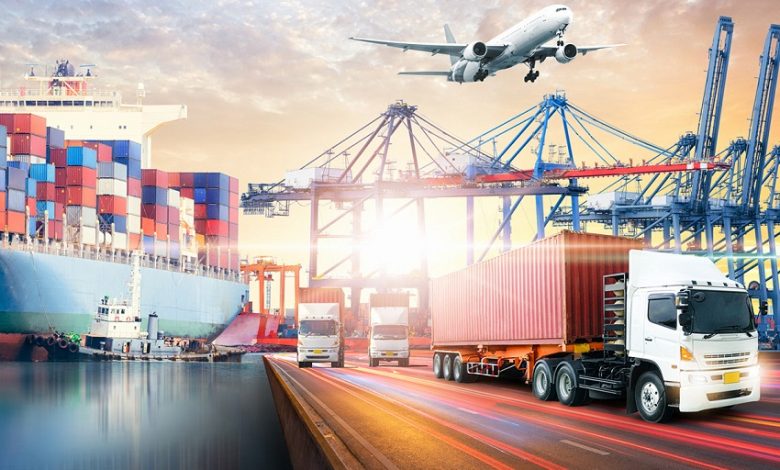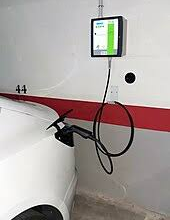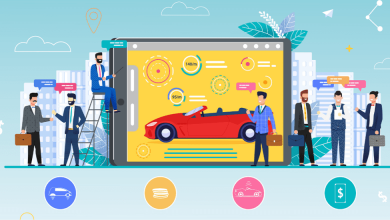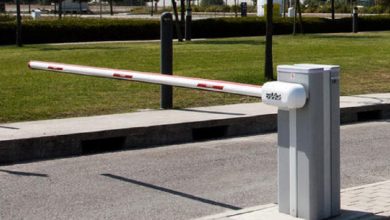
Transportation is essential to our daily lives, allowing us to move people, goods, and services from one place to another. It significantly connects people, communities, and businesses, facilitating economic growth and societal development. In this article, we will explore the definition of transportation, its various modes, and its impact on our lives.
Transportation is the backbone of modern society, enabling the movement of people, goods, and ideas across the globe. From daily commutes to international trade, transportation systems are the lifelines that keep our world interconnected.
Definition of Transportation
Transportation refers to moving people, goods, or services from one location to another. It involves using various modes, such as roads, railways, airways, waterways, and pipelines, to transfer passengers or cargo. The primary goal of transportation is to overcome the physical barriers of distance, making it possible for individuals and businesses to access resources, markets, and opportunities.
Modes of Transportation
Road Transportation
Road transportation is the most common and widely used mode of transportation. It involves the use of motor vehicles, such as cars, trucks, and motorcycles, to transport people and goods on paved or unpaved roads. Road transportation offers flexibility, accessibility, and door-to-door service, making it suitable for short-distance travel, commuting, and local delivery services.
Rail Transportation
Rail transportation utilizes trains and railways to transport passengers and freight. It is known for its efficiency, capacity, and sustainability. Rail systems are often used for long-distance travel, bulk cargo transportation, and connecting major cities and industrial hubs. High-speed trains have revolutionized rail transportation, providing a faster and greener alternative to air travel for certain routes.
Air Transportation
Air transportation involves using airplanes and airports to transport passengers and cargo across long distances and international borders. It is the fastest mode of transportation and is essential for intercontinental travel, tourism, and time-sensitive shipments. Commercial airlines, cargo carriers, and private jets are integral to the aviation industry, connecting people and facilitating global trade.
Water Transportation
Water transportation operates on rivers, lakes, seas, and oceans, utilizing ships, boats, and vessels to carry goods and passengers. It is a cost-effective mode for transporting bulk cargo, such as oil, minerals, and containers. Water transportation includes various types, including container ships, tankers, ferries, and cruise ships, catering to different purposes and distances.
Pipeline Transportation
Pipeline transportation involves using pipelines to transport liquids and gases over long distances. It is commonly used for transporting oil, natural gas, and water. Pipelines are highly efficient, allowing continuous flow and reducing the need for additional handling or intermediate storage. They play a crucial role in the energy sector, connecting production areas to distribution networks.
Importance of Transportation
Transportation is vital for both individuals and businesses. Here are some key reasons why transportation is essential:
- Economic Growth: Efficient transportation networks contribute to economic growth by facilitating trade, commerce, and investment. They enable the movement of raw materials, finished goods, and services, connecting producers, suppliers, and consumers.
- Accessibility and Mobility: Transportation provides accessibility and mobility, allowing people to reach their desired destinations quickly and conveniently. It enhances social connections, enables tourism, and improves the quality of life.
- Supply Chain Management: Transportation is a critical component of supply chain management. It ensures the timely delivery of raw materials to factories, the distribution of finished products to retailers, and the availability of goods and services to consumers.
- Job Creation: The transportation industry creates numerous job opportunities, ranging from truck drivers and pilots to logistics managers and engineers. It supports employment and generates income for individuals and families.
- Emergency Response: Transportation plays a crucial role in emergency response situations, such as natural disasters or medical emergencies. It enables the rapid deployment of resources, supplies, and personnel to affected areas.
Evolution of Transportation
Transportation has undergone significant evolution throughout history. From ancient modes of travel, such as walking and animal-drawn carts, to the modern advancements in electric and autonomous vehicles, transportation has continually adapted to meet the changing needs of society. Technological innovations have revolutionized transportation, improving efficiency, safety, and environmental sustainability.
Examples of Transportation Brands and Models
There are numerous well-known brands and models associated with transportation. Some notable examples include:
- Automobiles: Toyota Camry, Ford Mustang, Tesla Model S
- Airlines: Delta Air Lines, Emirates, Southwest Airlines
- Railways: Orient Express, Shinkansen (Bullet Train), London Underground
- Shipping: Maersk Line, Evergreen Marine, Mediterranean Shipping Company
- Pipelines: Trans-Alaska Pipeline System, Keystone Pipeline, Nord Stream 2
Research Data on Transportation
Research data on transportation provides valuable insights into various aspects of the industry. Studies focus on traffic congestion, environmental impact, safety, and technological advancements. Research helps policymakers, urban planners, and transportation companies make informed decisions and improve transportation systems for the future.
Challenges and Future of Transportation
The transportation industry faces several challenges, including traffic congestion, infrastructure maintenance, environmental impact, and evolving consumer demands. However, ongoing technological advancements, such as electric and autonomous vehicles, smart transportation systems, and sustainable practices, offer promising solutions for the future. The future of transportation will likely involve increased connectivity, efficiency, and environmental consciousness.
Conclusion
Transportation is the backbone of modern society, enabling the movement of people, goods, and services across various distances. It is vital to economic growth, social connections, and accessibility. The evolution of transportation, driven by technological advancements, continues to shape our lives and our world. As we move forward, we must prioritize sustainable practices and embrace innovative solutions to meet the ever-growing transportation needs.






